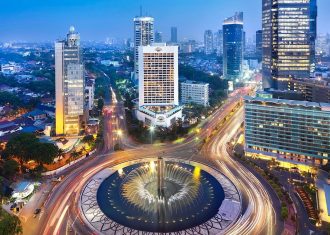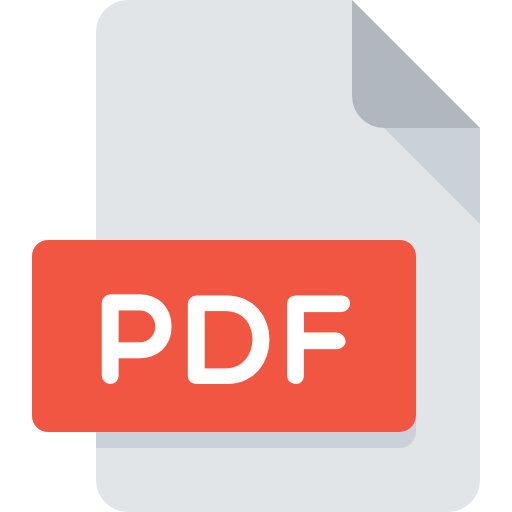

 January 2019 • News Note 54 •
January 2019 • News Note 54 •
A giant of Africa, a regional power that is fragile but holds significant potential: Nigeria is preparing to elect its next president. Elections on February 16 will pit incumbent President Muhammadu Buhari against former vice president Atiku Abubakar. The challenges awaiting the winner are considerable: continuing the anti-corruption policy already in place; reducing the country’s dependence on the oil sector; boosting the energy, agriculture and mining sectors; consolidating advances in education; but also strengthening the fight against Boko Haram, and moving forward on the regional inte-gration front. They are ambi-tious goals that demand stabi-lity in a country that is often presented as ‘too big to fail.’
With the upcoming presidential elections on February 16, 2019, Nigeria is at a turning point. The vote will determine the political direction of the country for the coming years. As it stands, the election is a direct face-off between the incumbent president, Muhammadu Buhari of the All Progressives Congress (APC) and former Vice President (1999-2007), Atiku Abubakar of the People’s Democratic Party (PDP), the main opposition party. With both candidates’ veterans of Nigeria’s political arena, any prospect of a generational renewal will have to wait until 2023.
However, the poll that looms is decisive. Thanks to its sheer demographic weight, its resource wealth and its geographical position as a locus of threats and geopolitical instabilities, Nigeria is a sort of fragile but essential regional powerhouse. Whoever becomes the next president, this status means the new leader will have a massive responsibility: first and foremost, to the people of Nigeria but also on the international scene.
Yet Nigeria remains a country with deep potential. It is sometimes labelled a demographic power—with 190 million inhabitants, the country has an enormous labour force. At the same time the country sits on vast, untapped resources. Despite these two wells of potential, Nigeria
has found itself the victim of what some call a “resource curse”. The discovery and exploitation of huge oil reserves in the 1960s created a powerful economic dependence on its windfalls and fostered corrupt governance, characterised by the hoarding of wealth by a minority of individuals. Fighting against these excesses and promoting economic diversification have been the pillars of the Buhari programme developed since 2015.
The country’s trade regime has become progressively more and more protectionist in nature, in hope of stimulating domestic industrial and agricultural output. This economic doctrine has accentuated a disconnection between Nigeria and other countries in the region. President Buhari has sought to develop alternative partnerships with Western countries and, notably, China.
Moreover, the resolution of Nigeria’s numerous conflicts, and above all the one against Boko Haram, has become a priority. Although exacerbated during an election period, these conflicts have a significant impact on the economy. Putting the mixed results of the military campaign to one side, the positive effect of the fight against terrorism is that it has strengthened regional cooperation in security matters. Nigeria, which is often considered ‘too big to fail’, is therefore a fragile, regional power in a tentative period of recovery.
What are the challenges facing the president who will win in February?
